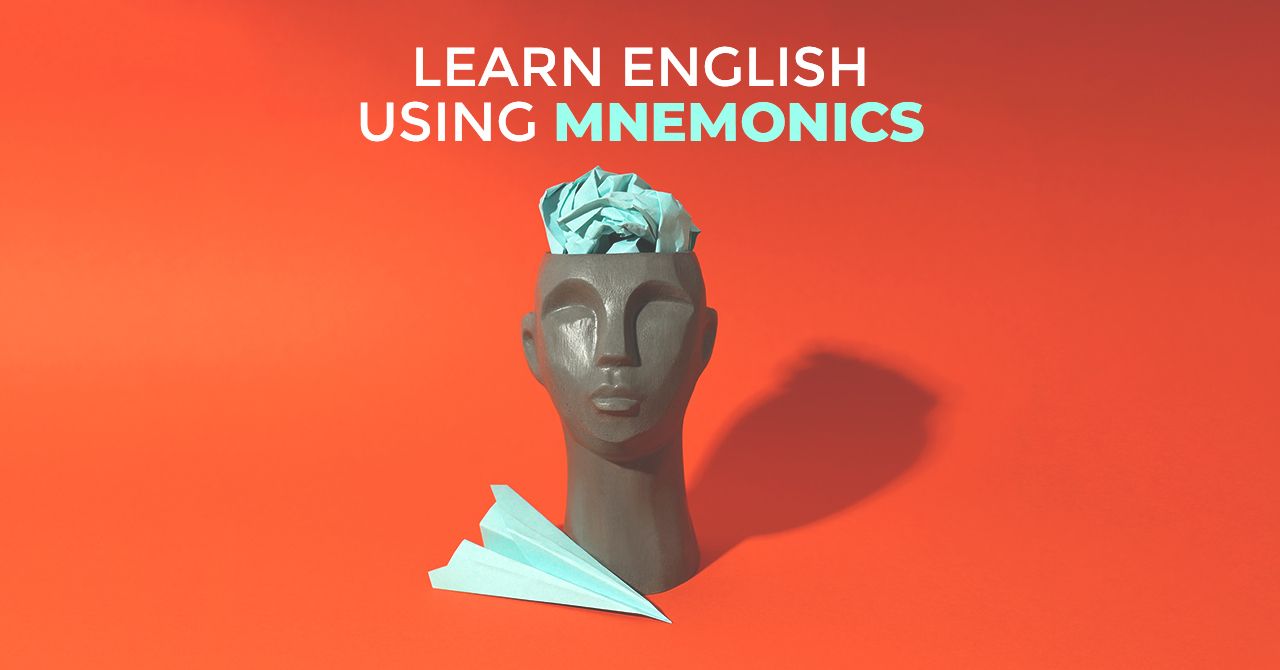
Learn How to Use Mnemonics to Improve Your English
Mnemonics have been around for centuries and are a mental tool to help you to remember things.
If you ever struggle with spelling or remembering which word matches which meaning, let me introduce a great memory device called Mnemonics (Initial M is silent).
How often do you hear a new word or phrase in English, think how great it would be to use it in your writing, only to find you can’t remember the whole phrase or worse still how to spell it correctly?
This is a real problem, experienced by learners of every language BUT there is a simple memory method that can help you. Your only restriction is your own imagination!
How Mnemonics Work
This is a strange-looking word but simple to explain. Mnemonics have been around for centuries and are a mental tool to help you to remember things. You can use patterns, songs, words, letters, or short sentences to help you to remember spellings or specific groups of words.
Confused? Don’t be. Let’s look at some common examples.
- Want to remember the compass points (North, East, South, West)? The easy way to remember the order is a popular mnemonic:
Naughty Elephants Spray Water.
- Not sure which to use: hear or here? Remember this mnemonic:
You hear with your ear!
- What about affect and effect?
Affect = action, effect = result
- Another example is stationary or stationery.
Stationary = car (imagine a car stops (so is stationary), stationery = envelope (an envelope is part of your stationery).
- Much and many are two small words that confuse many English language learners. A simple way to remember which to use with uncountable or countable nouns is to look at the spelling:
Much = uncountable, many = countable
- Another tricky pair for many English learners is when to use Since and For. Again, you can use the spelling to help you remember:
Since = starting time
For = how long
You can use visual mnemonics too. If you mix up how to write B and D, then imagine a bed. B is the head; D is the end.
Create Mnemonics When You Want to Remember Something
The joy of mnemonics is that you can make things up that you will remember. It doesn’t matter if it is confusing to everyone else – if it helps you to remember, it works!
One point to remember though is that it is better to create your mnemonics in your target language. If you are learning English, create mnemonics in English. If you are learning German, create them in German.
I'm a full-time online English teacher. I have an MA and 15 years of experience in teaching ESL. I know many strategies and ways to help you progress quickly. Book a trial lesson with me!

